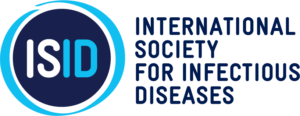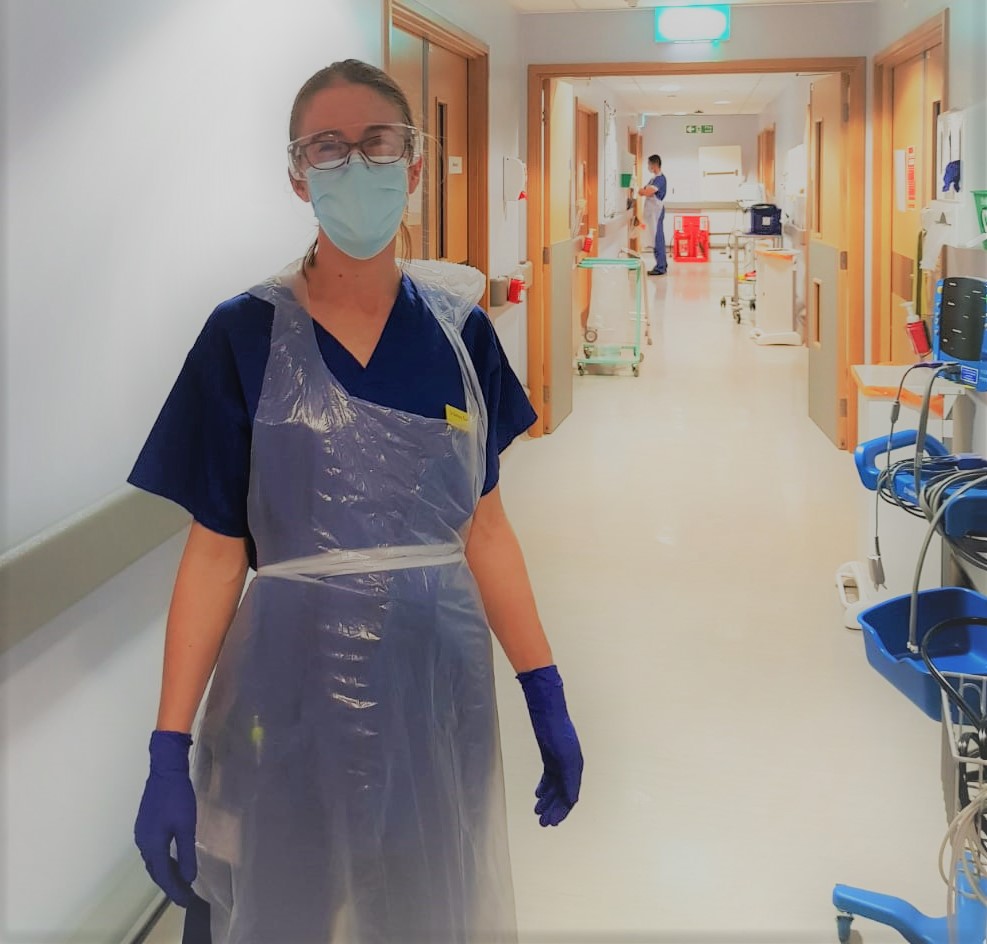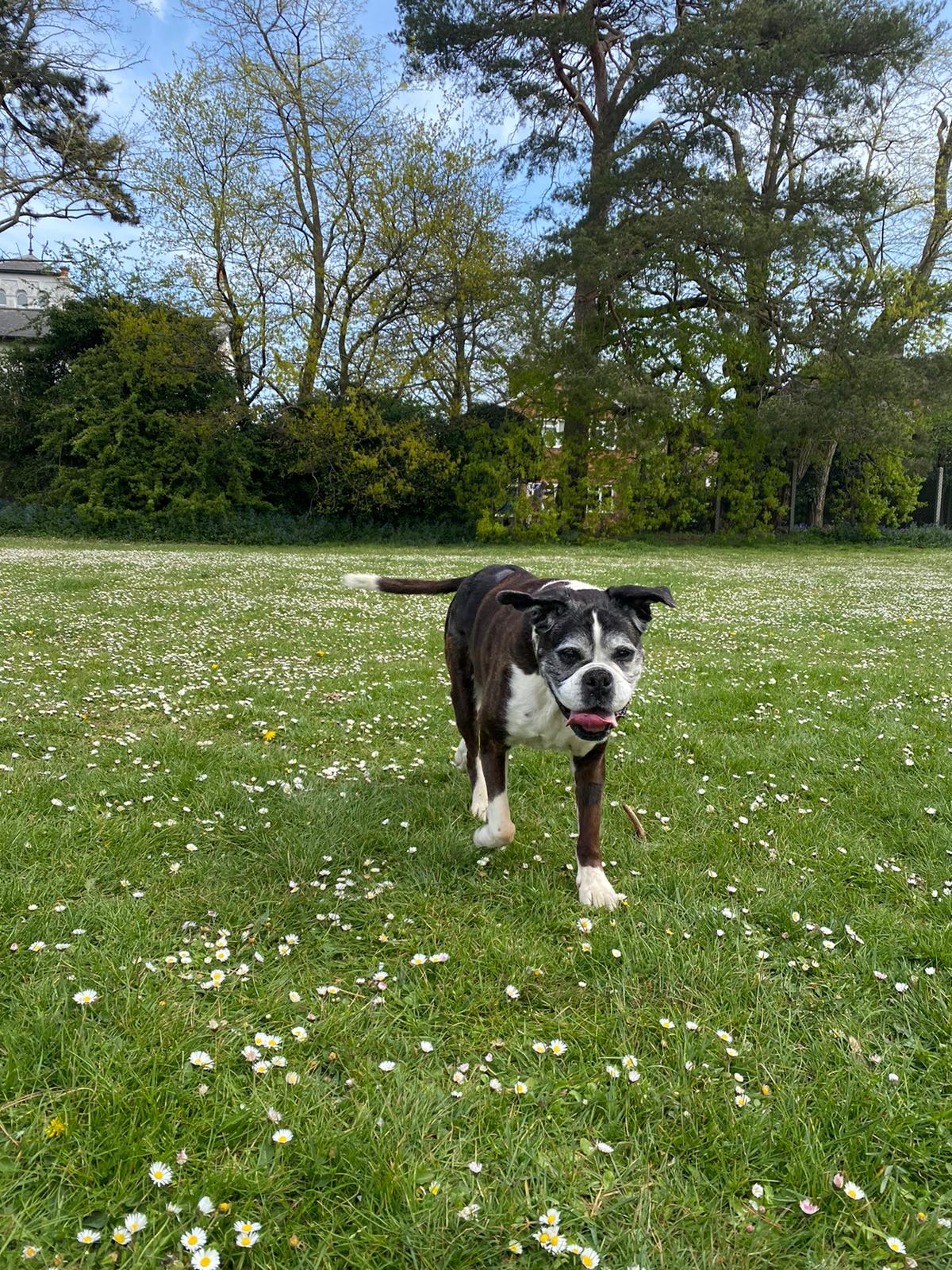This last year has really brought home to me how important it is to feel that your colleagues have your back. Working both on the clinical frontline delivering care to our COVID-19 patients at the acute hospital, as well as continuing to ensure that our undergraduate medical students continued to study as safely and as robustly as possible has been an extraordinary challenge. We have all stepped up – but most importantly, have continued to care for each other’s well being too. As we weren’t seeing each other in person for those passing, opportunistic moments of interaction, increasing our meetings to a regular slot has been a really key part of staying on top of the work that needs doing but also to check in to see how people are faring. One of my colleagues thought I looked so grumpy during a meeting, that she made a whole tray of brownies for me and dropped them to my front door the next day. What a lift!
I also think that my aged dog should have an honorary title. She has contributed regularly, and loudly, by snoring through all my online sessions; to the point where I get asked where she is if all is quiet. She has very much appreciated the working from home aspects of COVID-19. The kids, not so – they, and I, are hugely grateful for “corona-school” for maintaining some semblance of sanity in the household. As a single mother of three, I am outnumbered, and primary school teaching is an artform that I do not hold within my skill set. Thanks to all the above, I have felt remarkably well supported in a very turbulent and unsettling time.



